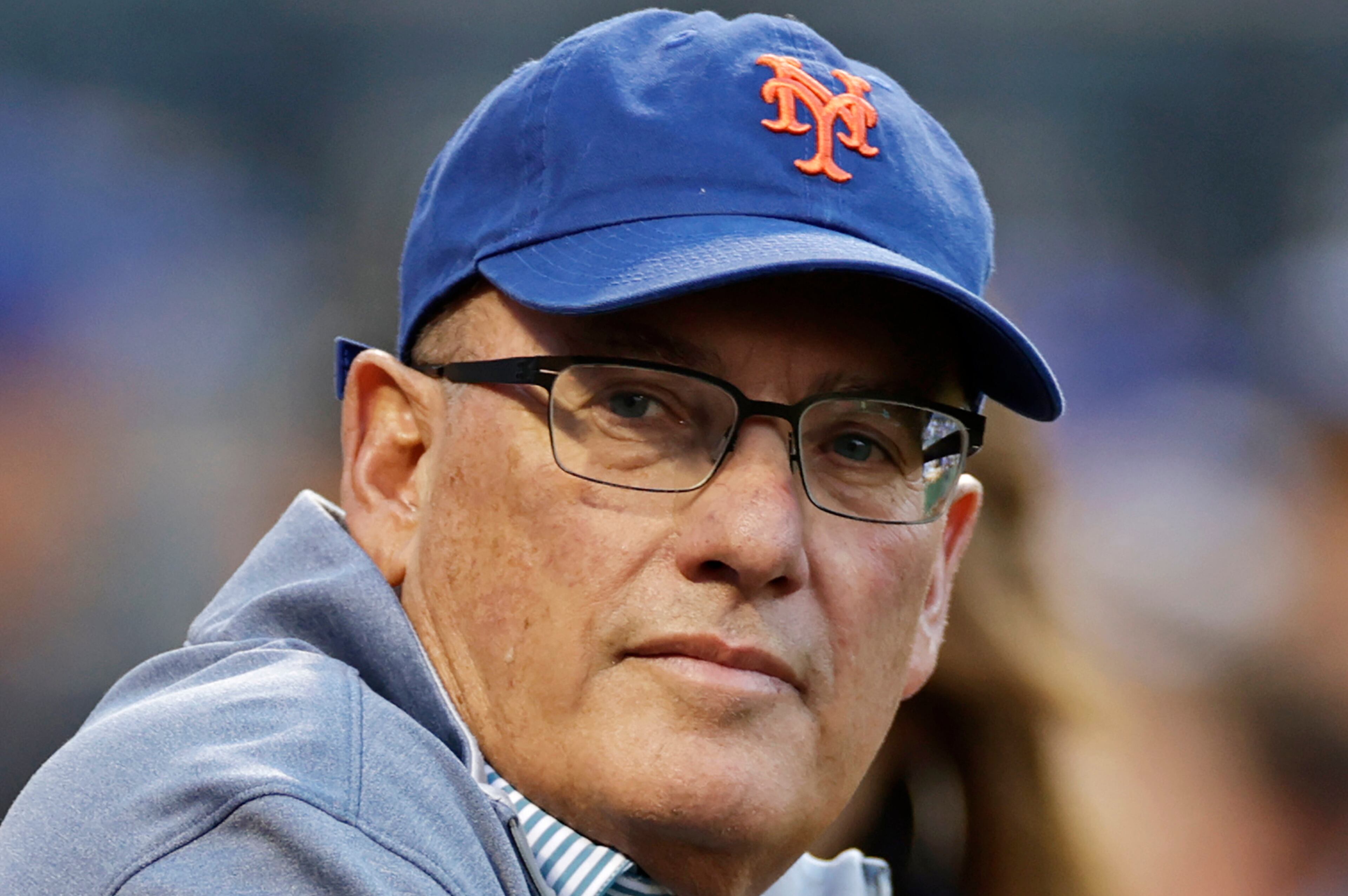What companies pay for in an apparel contract

As Georgia Tech athletic director Todd Stansbury conducts talks to determine the athletic department’s next apparel provider, his mission is straightforward — to gauge the interest of Adidas, Nike and Under Armour and their ability to help the Yellow Jackets establish their brand.
In his recent podcast, Stansbury said that all three companies bring something different to the table.
“And their vision of where you are, what your brand is, where they envision you lining up in their complement of schools, is all very, very important,” he said. “And depending on their situation and kind of the programs they already represent, all create different dynamics on, one, maybe their level of interest, as well as where you may line up as far as being a priority for them.”
So what is a shoe company paying for?
In short, a few things.
The primary value is the licensing agreement, with which companies can exclusively produce a school’s jerseys and other apparel to sell to fans. Often, sports marketing expert Jonathan Jensen said, the contracts allot the companies 85 to 90 percent of the revenue off items they produce with the schools’ logos on them.


